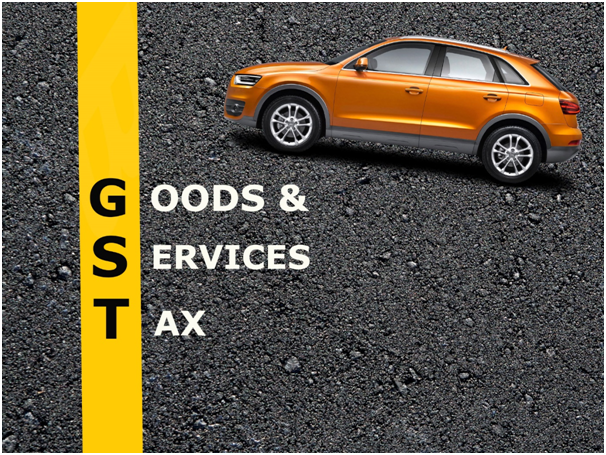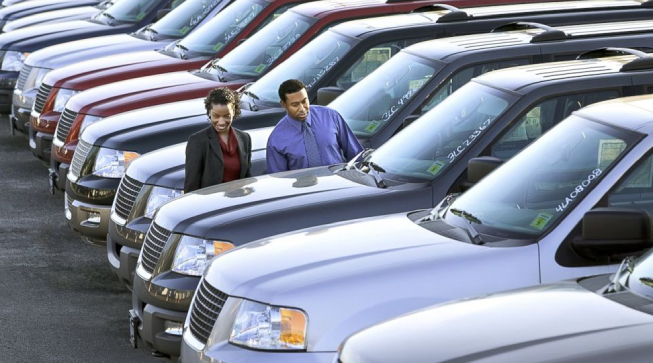Factors To Consider When Opening A Car Dealership
Opening a car dealership is not as simple as other businesses. It requires taking into account particular legal conditions and requirements because the dealership has to adhere to them with every transaction. Besides the nitty-gritty of law, there are other aspects to ponder like how is the local market, what are the capital expenses, which cars to offer the consumers. These and many more factors have to be considered if you want the car dealership to start with a bang and keep going at a steady rate.
This article talks about four of the significant elements that need to be thought over carefully before opening a car dealership. Click Here – https://www.businesstoday.in/opinion/columns/gst-on-auto-link-to-retail-price-automobile-industry-goods-and-services-tax-indirect-tax/story/391330.html It Is Simplify GST On Auto Industry
- The Location
The golden rule of retail business is location, location, and location. It impacts the number of sales you get and hence the profit you make in a year. For a car dealership, the area is even more vital because it creates a dual effect. One, it will determine the footfall you receive, which affects the number of cars sold.
Two, the state or city you open the dealership can influence the profitability. Some states are slightly more profitable than others because they offer a better business climate and have lesser legal restrictions.
Type And Licensing Matter, But GST Makes The Most Impact In A Car Dealership
- The Kind
The world of cars is vast. There are luxury vehicles. There are green, electric automobiles. There are foreign sedans. There are used vehicles, and there are brand new cars. For a person thinking of opening a dealership, this variety means taking a decision on which type of cars to sell is hard.
You can open a used-car dealership, or you can get a new vehicle franchise, or you can sell both kinds. The kind of dealership you pick should depend upon your location and the target market.

- The License
Starting a dealership in any state requires you to obtain a business license. The type of license you get depends upon the type of vehicle you sell. It means licensing relies on the kind of dealership you open. It is worth noting that the precise license conditions change from state to state. While some have limited requirements and a basic fee, others may have a more extensive and expensive procedure.
- GST
The last factor to consider before opening a car dealership is the GST. The new tax system makes a direct impact on your bottom line. Before the Goods and Services Tax system came into being, two types of taxes were levied on vehicles. The end consumer had to pay VAT and excise. Together, the tax came out to be somewhere between 26.5% to 44%. Under GST, the tax burden on the end-user has been lessened to 18% to 28%.
To importers and dealers, GST is a savior, too, because it allows you to claim tax on goods sold/imported. The previous tax regime did not allow claiming VAT and excise duty paid. Any excise duty paid on stock transfer comes within the purview of IGST. Moreover, GST has improved the supply chain of auto parts. This means manufacturers can get parts for much cheaper.
Further, Final Impact Of GST On Automobile Dealerships
For dealerships that focus on small family cars, GST is beneficial because these cars have the least amount of CESS, i.e., 1%. CESS is charged over and above the GST rate of the automobile. Another benefit of GST is free services and warranties. Earlier, these services offered by vehicle manufacturers and dealerships were not taxed. Within GST, all these warranties are taxable!
One last effect of GST on car dealerships is the change in the charged state. Earlier taxes were charged on the origin state. GST levies taxes on the consumption state, which has reduced the cost of the manufacturing of vehicles.


